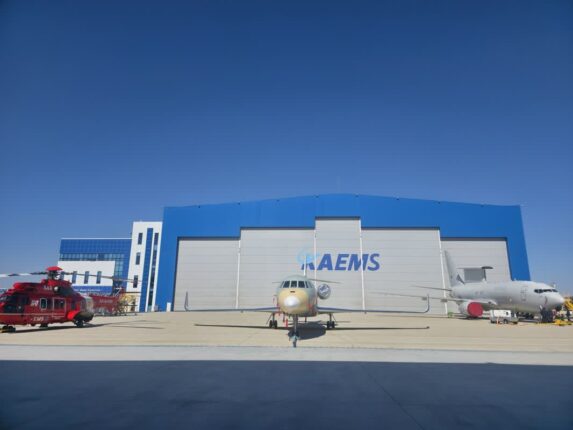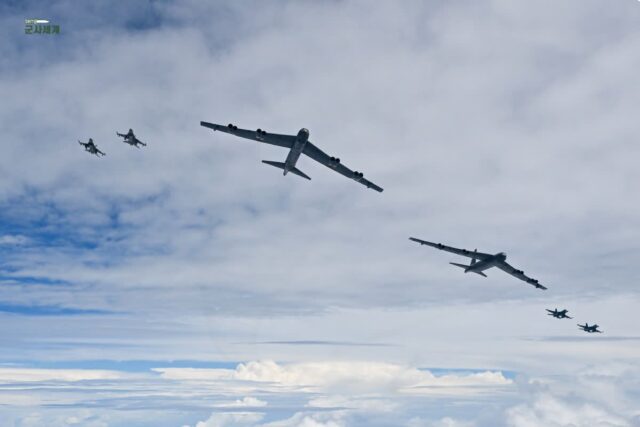UN Triangular Partnership Program Engineering Training Successfully Concludes in Cambodia
BEMIL Views

The South Korean Ministry of Defense announced last Friday, “The 2024 UN Triangular Cooperation Engineering Training took place at Cambodia’s Peacekeeping Operations (PKO) School over five weeks, from November 18 to today.”
The UN Triangular Partnership Program (TPP) is a collaborative initiative involving the UN, Cambodia as the troop-contributing country, and South Korea as the supporting country.
The engineering training under the TPP is one of the five key pledges announced by South Korea’s Ministry of Defense at the 2021 UN Peacekeeping Ministerial Conference in Seoul.
It aims to enhance the engineering capabilities of ASEAN troop-contributing countries, which comprise over 50% of UN peacekeepers, through educational support and equipment contributions by South Korean military instructors. The program began in November last year and was held for the second time this year with expanded courses and participation. The curriculum grew from a single construction equipment course to four comprehensive modules, including Explosive Hazards Awareness Training (EHAT), Field Medical Support (FMAC), and sanitation protocols for PKO deployment units.
Participation surged from 32 Cambodian engineering personnel last year to 58 troops from nine ASEAN nations, including Cambodia, the Philippines, Thailand, and Indonesia.
During the closing ceremony for the engineering training, Cambodian Deputy Prime Minister and Foreign Minister Prak Sokhonn expressed his gratitude, stating, “This training has strengthened Cambodia’s capacity for peacekeeping missions. I deeply appreciate the financial, equipment, and instructor support the UN, South Korea, Japan, and Australia provided.”
The South Korean Ministry of Defense affirmed its commitment to enhancing PKO capabilities in ASEAN countries through initiatives like the UN Triangular Partnership. It also emphasized its ongoing efforts to establish multilateral security platforms through collaboration with the United States, Japan, Australia, and ASEAN nations.














Comments0